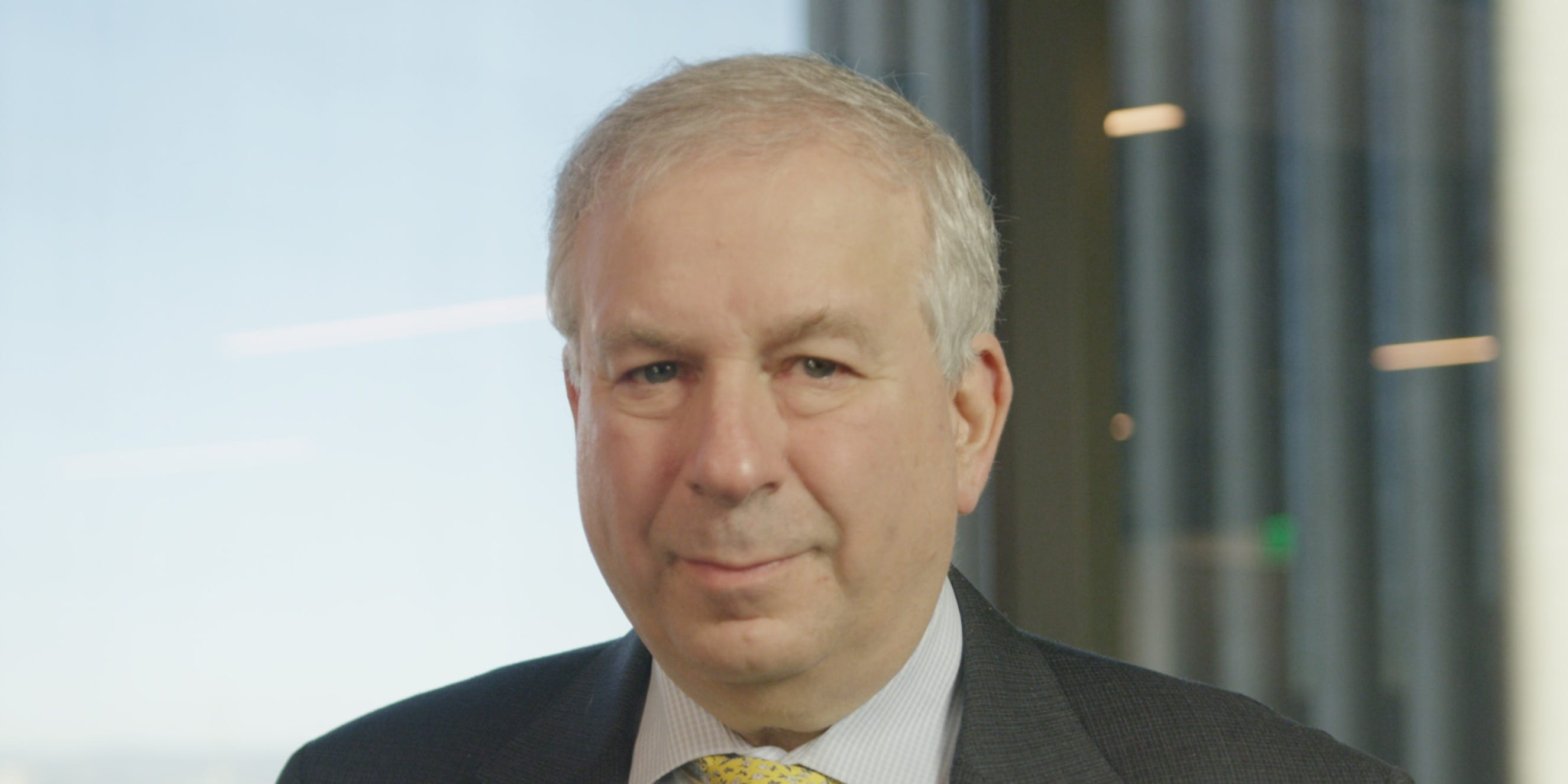The US economy is barreling toward an inevitable recession, David Rosenberg says. The Rosenberg Research chief pointed to two key economic indicators that are flashing red. Rosenberg ruled out a “soft landing” where the Fed reins in inflation without causing a recession. Loading Something is loading.
Thanks for signing up!
Access your favorite topics in a personalized feed while you’re on the go.
Investors hoping the Federal Reserve’s war on inflation won’t tank the US economy are set to be severely disappointed, David Rosenberg has warned.
“Markets pricing in a ‘soft landing’? Will they ever be in for a big surprise,” the veteran economist tweeted on Friday.
“The boy cried wolf, indeed, but the wolf did show up at the end of the story,” Rosenberg added, suggesting that commentators who’ve been ringing the recession alarm for months will ultimately be proven right.
The Rosenberg Research president and former chief North American economist at Merrill Lynch attached two charts to support his pessimistic prediction.
—David Rosenberg (@EconguyRosie) June 2, 2023 The first was the FIBER weekly leading index, a collection of indicators that tends to lead the inflation cycle by several months. It has dropped its lowest level since the pandemic plunge in early 2020, suggesting the inflation threat has faded and the economy has slowed sharply.
The second chart showed the risk of recession based on short-term Treasury spreads is about 100% – greater than during the dot-com and housing bubbles, and the highest level since the 1980s.
Rosenberg has been banging the recession drum for several months now. He’s argued that inflation is history, the Fed is relying on flawed and outdated data, and the S&P 500 is signaling an impending downturn. He’s also described the US economy as a “dead man walking” and declared the recession is already here.
Recession fears have mounted over the past year or so, as the Fed has hiked interest rates from nearly zero to upward of 5% in response to historic inflation. Higher rates tend to slow the pace of price increases because they encourage saving over spending and make borrowing more expensive. However, they can also erode demand across large swathes of the economy, pulling down asset prices and raising the risk of a prolonged downturn.
Read more: We put 7 burning questions to top economist David Rosenberg. Here’s what he said about the outlook for stocks and house prices, and the threat of a recession.
